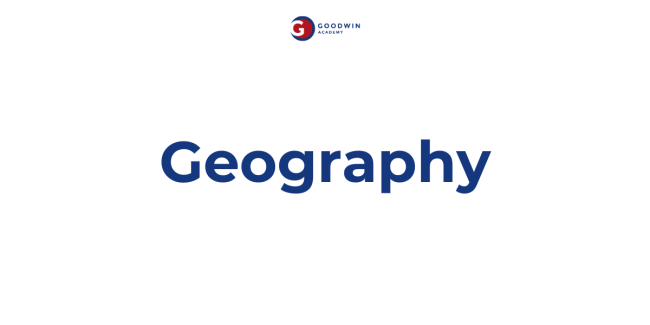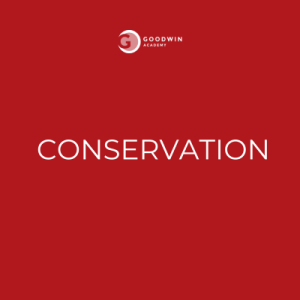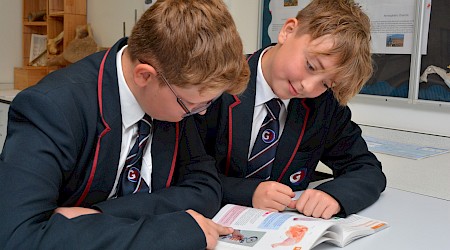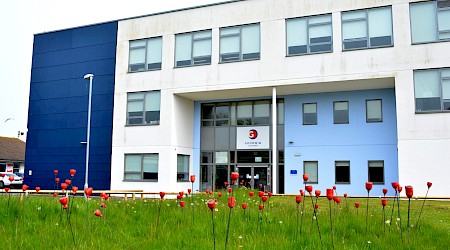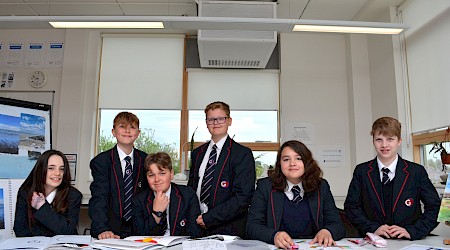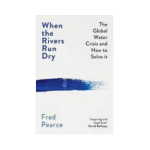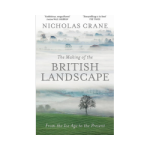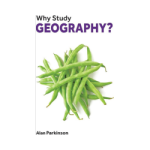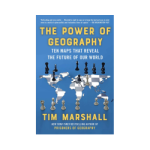Learning in Geography
Geography can inspire students to develop a curiosity and fascination about the world that will last a lifetime. Geography will equip students with knowledge about diverse places, people, resources within both natural and human environments.
As students increase their knowledge about the world, they will be supported in deepening their understanding of the interaction between physical and human processes. An important aspect of geography is to put practical enquiry and investigation skills into practice outside the classroom.
Geography has may cross-curricular links and builds upon these skills and develops them through application. Examples of cross-curricular links include literacy skills through reading for understanding, extended writing, scientific enquiry skills, mathematical graph and statistical interpretation and historical links that have influenced locations.
